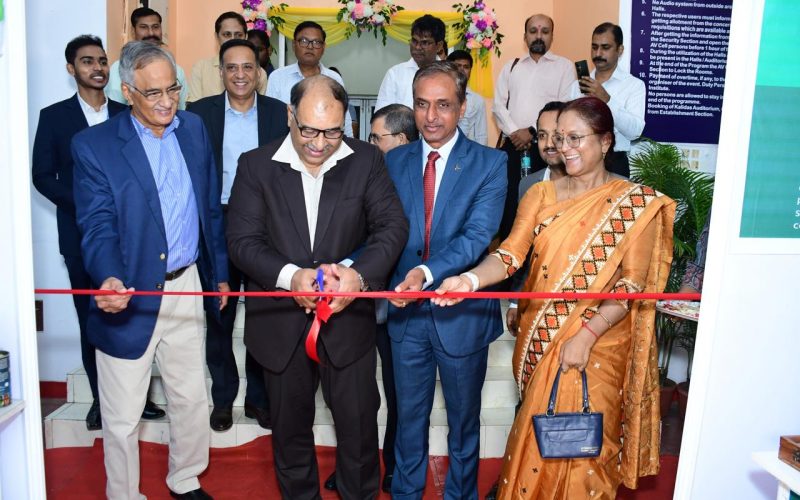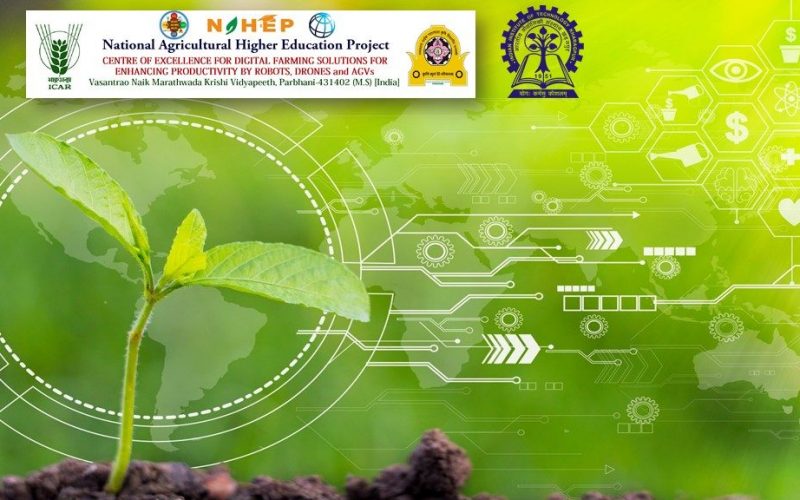
Agri Business Incubation Foundation at IIT Kharagpur conducts Start-up EXPO 2024 incubating 115 Start-ups
A total of 115 start-ups are currently being incubated, accelerated and graduated from across the country by the Agri Business Incubation Foundation (ABIF) at IIT Kharagpur. Out of 115, 37 Start-ups successfully participated in the ABIF Start-up EXPO 2024 organized from 24th - 25th October, 2024. Shri Partho Saha, CGM OFDD, NABARD, Mumbai attended the EXPO as the Chief Guest in the presence of Prof. Rintu Banerjee, Deputy Director, IIT Kharagpur; Shri P.K Bhardwaj CGM NABARD WBRO; Prof. Madan Kumar Jha, HOD, Agriculture and Food Engineering Department and Shri K.V Iyer, Director ABIF along with other senior professors. Shri Partho…


